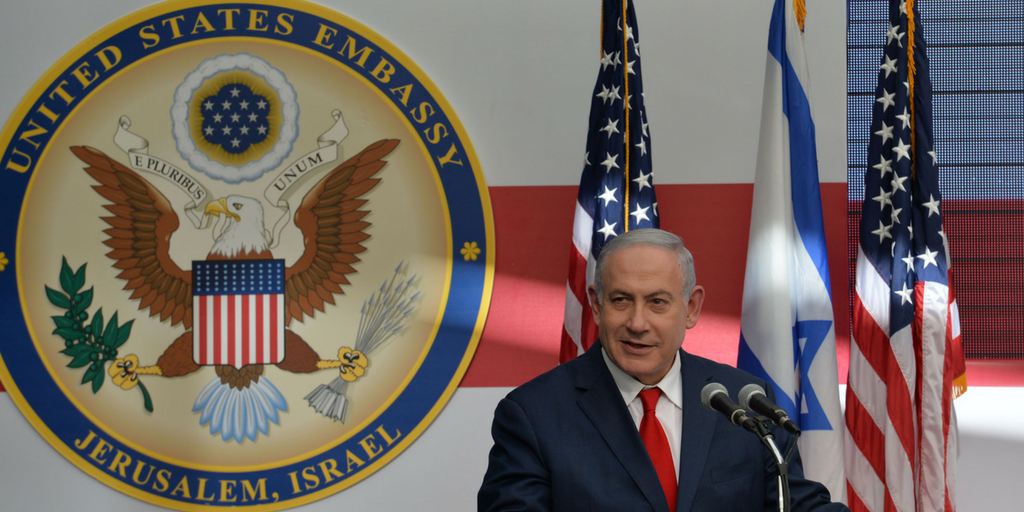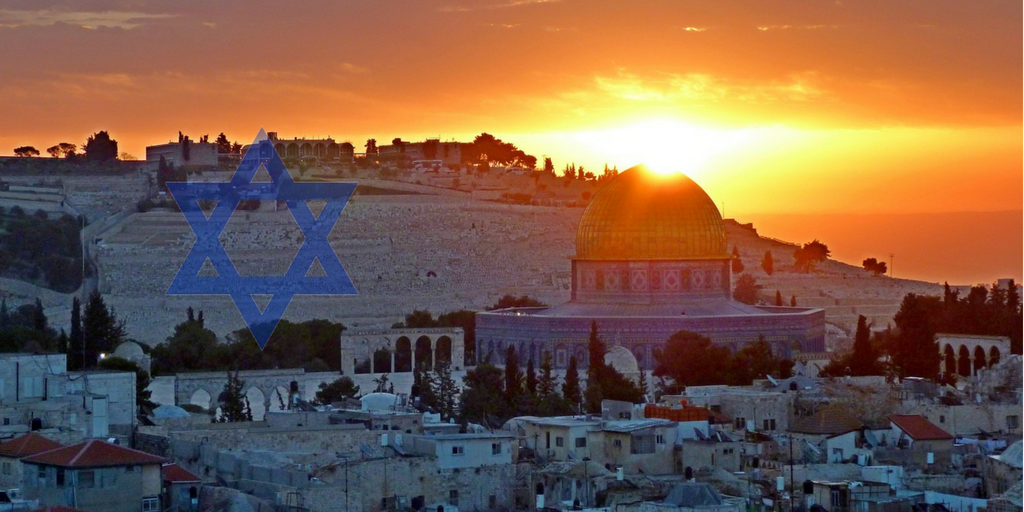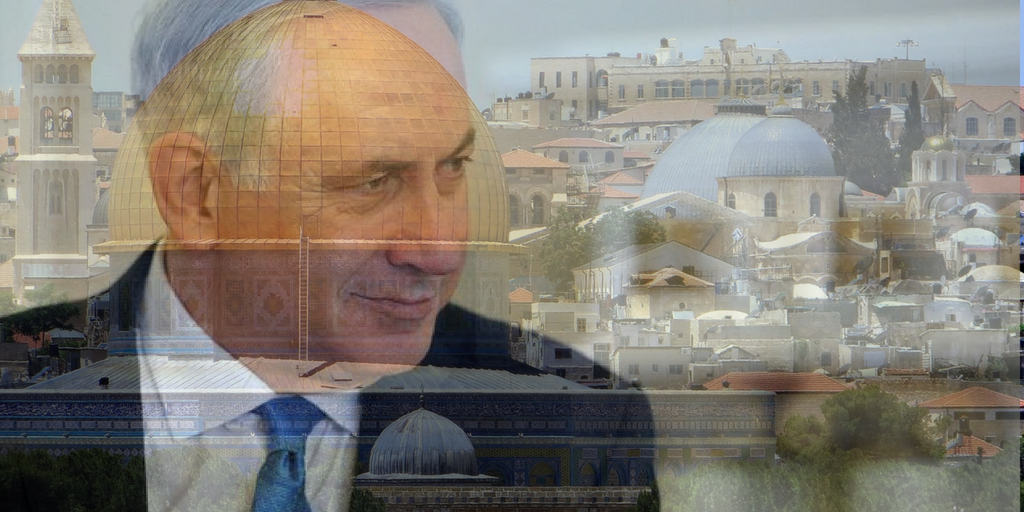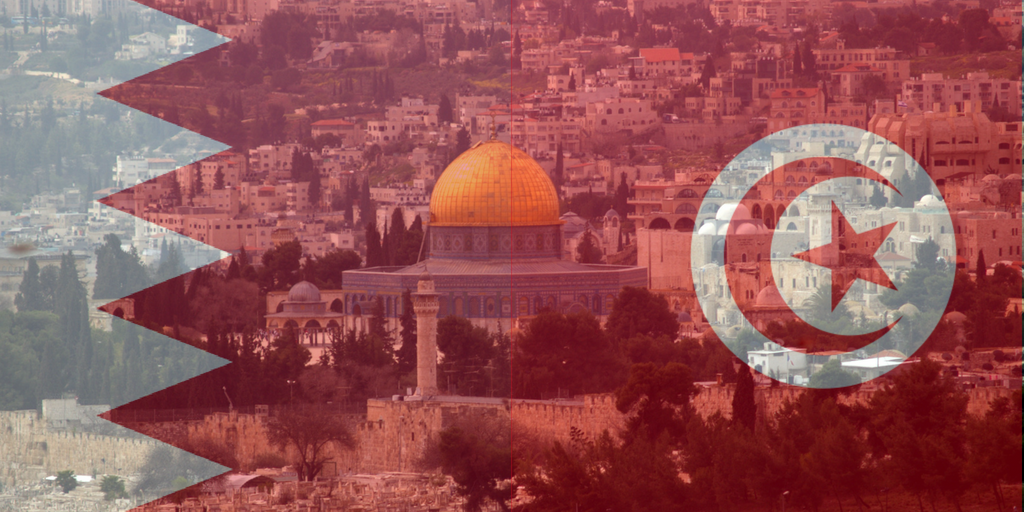The polity of Israel in its incunabular period of nation formation was a theocracy (better: “theonomocracy,” or rule of divine law) evolving under the universal sovereignty of G-d, whose existence was apodictic and whose presence intimate. The biblical constitution bestowed in the wilderness via Moses the lawgiver was established by Joshua the conqueror immediately upon the Israelites’ possession of the Promised Land.
From the outset, the Torah for Israel was the centrepiece, source of unimpeachable authority, and embodiment of divine law. Once repatriated to their ancestral homeland, and despite being in possession of such an injunctive pandect, Israelites struggled for physical survival among external adversaries even while internally rived by tribalism, rendering them unable to organize as a united polity, let alone found a Torah-oriented nation-state.
Once the land was settled, partly by means of conquest (as depicted in Joshua) and partly by peaceful reintegration among neighboring peoples (as depicted in Judges), Israelites were at greater liberty to turn their attention to matters of governance and political entities. Helpfully, means of internal conflict resolution had previously been introduced during Israel’s prolonged desert sojourn when Moses had appointed some 78,600 judges over the people, whose men numbered 600,000 [Exod. 12:37, 18:25]. But justiciable disputes between individuals were one thing, tribal interests another.
After Joshua’s death, much of tribal Israel’s turmoil resulted from the absence of a Moses figure, someone who combined lawgiver, prophet, and political leader. As a unique personage, especially in his role as lawgiver, Moses was ineluctably a revolutionary; all other prophets, however, from Joshua to Malachi, were not revolutionaries but reformers. The Judges, who succeeded Joshua, were military heroes, civic leaders, and regional notables, but rarely achieved a national following until their culminating exemplar – the prophet Samuel, whom the tribes collectively esteemed and heeded [I Sam. 2:26, 3:19-20].
King or Prince?
Necessity facilitated Israel’s amalgamation from tribal confederacy to nation-state, which polity would fatefully transition from a pure theonomocracy to a constitutional monarchy. Citing the threats from neighbors and the waywardness of Joel and Abijah, Samuel’s venal sons, the elders of Israel at Ramah demanded of the aging prophet a king [I Sam. 8:5-22]; audaciously, the chosen people now wished to do the choosing, despite Samuel’s portentous warning that they would come to regret it [I Sam. 8:18]. Henceforward, this momentous encounter – which the anti-monarchist prophet Hosea would later refer to as “the days of Givah” [Hos. 10:9] in a reference to King Saul’s hometown and capital – would be emblematic of the disloyalty Israel displayed in asking for a king, construed as evidencing their failure of faith.
Signaling the subordinacy of a worldly monarch to the divine sovereign, G-d averred that Saul was to become a “prince” (נגיד) [I Sam 9:16], and indeed Samuel privately anointed Saul “prince” [I Sam. 10:1]. But the prophet then did something well beyond inaugurating the institution of Israelite monarchy via symbolic formalities: Samuel, before all the assembled tribes of Israel in Mizpah, orated and indited a constitution for this new monarchy [I Sam. 10:25]. Though its contents were not adumbrated in scripture, its strictures doubtless were biblically derived and validated. In short, Israelite monarchy came into effect with explicit and specific constitutional restrictions.
Even as Saul was coronated at Gilgal, the people already repented of their demand for a king [I Sam. 12:19], recognizing it as a species of evil. Yet Samuel was quick to clarify that the abandonment of G-d, and not the institution of monarchy, would be the real evil, and that G-d would concede monarchy to Israel so long as it faithfully served the divine will. In other words, the Israelite polity may be a monarchy, but it must be a Judaic state.
While foremost among the monarchic restrictions is the principle of king (מלך) as subaltern to G-d, the King of Kings, there are other seminal limitations enshrined in the biblical constitution that circumscribe the monarchy and deprive the one who reigns of free rein, chief among these being the tripartite paradigm of national leadership (i.e. prophet, high priest, monarch). The Torah delineates and legitimates the institutions of governance, as well as their interrelation and interdependence. In its rudiments and fundaments, the Judaic state organically combines religion and politics since the principles and precepts of the Tanakh are all-encompassing.
In Judaism, the high priest represents the people to G-d, while the prophet represents G-d to the people; ergo, a Judaic state would not be a theocracy in the modern sense (a nation ruled by a coterie of priests or religious clerics), but only in its original sense (a nation ruled by G-d). Like the high priest and prophet, the monarch was G-d’s worldly instrument, and could not implement the royal prerogative in contradiction to the divine will.
When King Saul faltered in his obedience to divine instruction as imparted by the prophet Samuel, the latter informed the former that G-d would appoint another “prince” [I Sam. 13:14]. Judaic statehood was not imperiled, nor was the monarchic institution, but the monarchy was to be placed under new management, as it were, demonstrating the innate instability of kingship and precariousness of power. As Hosea has it, G-d derided Israel’s trust in mortal rulers: “So now, where is your king, to save you in all your cities? Where are your judges, of whom you said, ‘Give me a king and leaders’? I gave you a king in my anger, and in my fury I took him away” [Hos. 13:10-11].
Reluctant as ever to anoint a monarch, Samuel in Bethlehem anoints David for the first time [I Sam. 16:13], with a horn of oil, as G-d’s elect; Judahites in Hebron anointed David for the second time [II Sam. 2:4,7], as ruler of Judah; and all the elders of Israel in Hebron anointed David for the third and final time, as king of Israel [II Sam. 5:3]. Yet once again, tellingly, David was to become “prince” over Israel [I Chron. 11:2]; G-d plucked David from the obscurity of shepherding to be “prince” over Israel [I Chron. 17:7]. Solomon was twice anointed king, and “to be prince” [I Chron. 29:22]. From Judah comes “the prince” [I Chron. 5:2]. The subordinacy of monarchy to divinity is reaffirmed even during Israel’s golden era. While in scripture the terms “king” and “prince” are, admittedly, sometimes used interchangeably, there is nonetheless a subtilized sense of bait-and-switch, of kingship as the lure, princeship the reality.
This almost imperceptible nuance is perhaps most exposed when once again the monarchy is, at least partially, to be restarted: the prophet Ahijah of Shiloh foretells to Jeroboam ben Nebat that G-d is to make him king over Israel [I Kings 11:37], only to reveal to Jeroboam post factum that G-d had elevated him to become “prince” over Israel [I Kings 14:7]. Later, the prophet Jehu ben Hanani tells the military officer Baasha that G-d elevated him from the dust and made him “prince” over his people Israel [I Kings 16:1-2]. In response to King Hezekiah of Judah’s tearful prayers on his deathbed, G-d healed the monarch, the “prince” of His people (נגיד-עמי) [II Kings 20:5].
The Periodic Renascence of the Priesthood
Despite the Torah’s early designation of Levites as Israel’s pedagogical caste or educator class, throughout most of the monarchies of Israel and Judah the figure of the high priest was largely relegated to lesser prominence in terms of national leadership, and this lamentable absence was acknowledged by contemporaries. The prophet Azariah ben Oded explained to King Asa of Judah that Israel long lacked a “kohen moreh,” a teaching priest [II Chron. 15:3]. Early in his reign, King Jehoshaphat of Judah sent two priests and nine Levites (accompanied by five ministers) to teach Torah throughout all the cities of Judah [II Chron. 17:7-9].
There were also certain notable exceptions to the rule of priestly abeyance. After the ouster of Queen Ataliah of Judah, and partly in response to her egregious abuses of power, the high priest Jehoiada established a duple compact: a religious covenant between G-d and the king (Jehoash/Joash) and the people of Judah, and a political covenant between the king (Jehoash/Joash) and the people of Judah [II Kings 11:17; II Chron. 23:16]. This was a sequel to, and perhaps even an improvement upon, the prior constitution instituted by Samuel in Mizpah. Another noteworthy exception to the general lack of priestly leadership also serves as the best example of separation of powers in Judaism: when King Uzziah of Judah entered the Temple to burn incense on the inner altar, thereby transgressing divine law, he was resisted by the high priest Azariah and 80 other courageous priests, then punished instantly with leprosy on his forehead [II Chron. 26: 16-21].
In 538 BCE, upon Judah’s return from Babylonian Captivity, partial though it was, the tripartite leadership paradigm was promptly restored (mutatis mutandis, given that, as the autonomous province of Yehud within the Eber-Nari satrapy of the Achaemenid Persian Empire, Judah had no king, rather a provincial governor) when the prophet Haggai imparted the divine message to Zerubavel, Davidic prince of Judah, and Jeshua the high priest [Hag. 1:1]. The priestly duty of instruction was renewed [Hag. 2:11], and Zerubavel’s political rule divinely assured [Hag 2:21-23]. Later, the contemporary prophet Zechariah was divinely instructed to take gold and silver to make two crowns: the golden crown for the Davidic scion Zerubavel, and the silver crown for Jeshua the high priest; the high priest was to attend the ruler and between them would be “the counsel of peace” (עצת שלום) [Zech. 6:9-13]. The prophet thus reconciled high priest and prince while affording the prince the higher authority (by which act the prophet intrinsically reserved for his own leadership role the supreme position among the three).
A Senate of Sages
In the second stage of return, that of spiritual renewal, Ezra the scribe (who became the teaching priest par excellence) and Nehemiah the governor worked in tandem to formally reinstate the Torah as the constitution of the Jewish people by reading it publicly before the Judahites assembled in Jerusalem [Neh. 8:1-18]. The close partnership between Ezra and his younger counterpart Nehemiah did not, however, universally negate the inherent tensions between Israel’s discrete leadership roles. Four times Nehemiah asked G-d to remember him for good, and twice he asked G-d to remember for ill Sanballat the Horonite and the latter’s allies, including Noadiah the prophetess and the wayward priests.
Yet few among Judah’s primarily political leaders who followed Nehemiah were as religiously involved as he was, and the Knesset HaGedolah, which institution Ezra established, gradually assumed the national leadership and continued to guide the people even when the Judean monarchy was restored under the Hasmonean dynasty and when the high priesthood regained prominence in the Hellenistic and Roman eras. The Knesset HaGedolah, later known as the Great Sanhedrin, was a senate of sages, both legislature and supreme court. While nominally headed by the high priest as nasi (president), the institution was innovative because it was meritocratic, its conciliar instructors being religious laymen more often than priests.
Exceptions aside (since several prominent sages over the generations were also priests), the teaching priest gave way to the rabbinic scholar-sage. And when prophecy departed from Israel after Malachi, when kingship was abolished after the Hasmoneans and Herodians, and when the high priesthood (and priesthood generally) was obviated by the destruction of the Second Temple, only the sages remained among Israel‘s leadership. It was the sages, with or without a Sanhedrin, who salvaged Judaism after the Great Revolt (66-73 CE) and Bar Kokhba Revolt (132-135 CE), who directed the national life of Jewry throughout 1,813 years in stateless exile.
Modern Times
In contrast to the founders of the Second Commonwealth, and to the various religious revivalists before them (e.g. Asa, Jehoshaphat, Jehoiada, Hezekiah, Josiah), the fathers of the modern State of Israel did not renew the biblical covenant, publicly read the Torah, or revive the age-old tripartite leadership paradigm. The historic events of 1948 did not include any renascence of the national institutions of kingship, high priesthood, or prophecy, though the offices of Prime Minister, Chief Rabbi(s), and State Comptroller function to some extent as approximate surrogates.
While the State of Israel is in large part modernity‘s secular (and formerly socialist) iteration of Jewry‘s whilom polities, and is governed by a series of Basic Laws instead of a formal constitution, let alone the biblical constitution, the Torah is still ingrained in the Jewish state, which may yet evolve into a Judaic state.
If it does, in a second stage of its statehood, increasingly adopt and adapt the ancient blueprint for Israelite society, enacting a biblically informed constitution combined with the sophisticated processes of modern democracy, it may give rise to and legitimate a new, hybrid form of governance, democratic theonomocracy.







